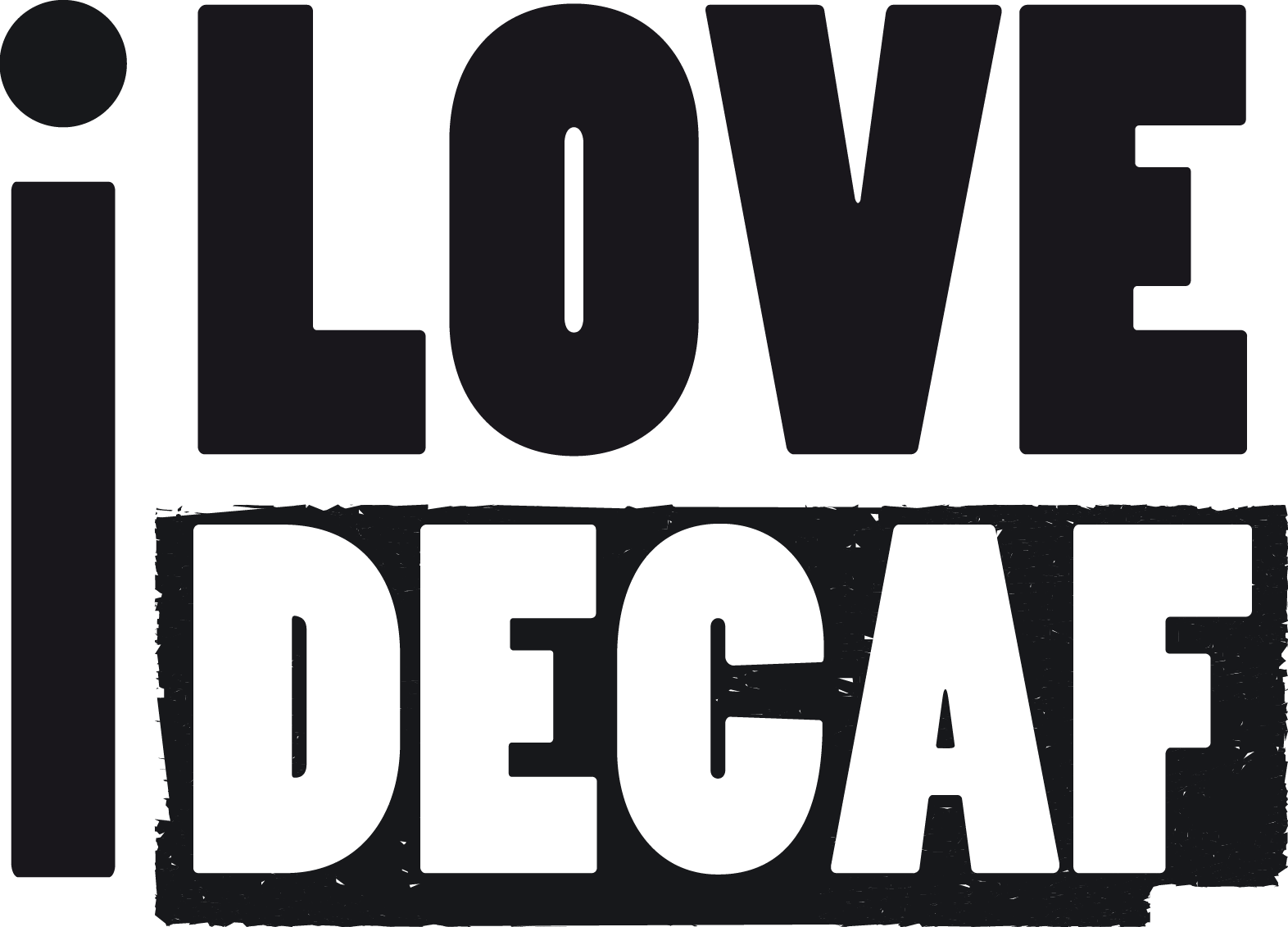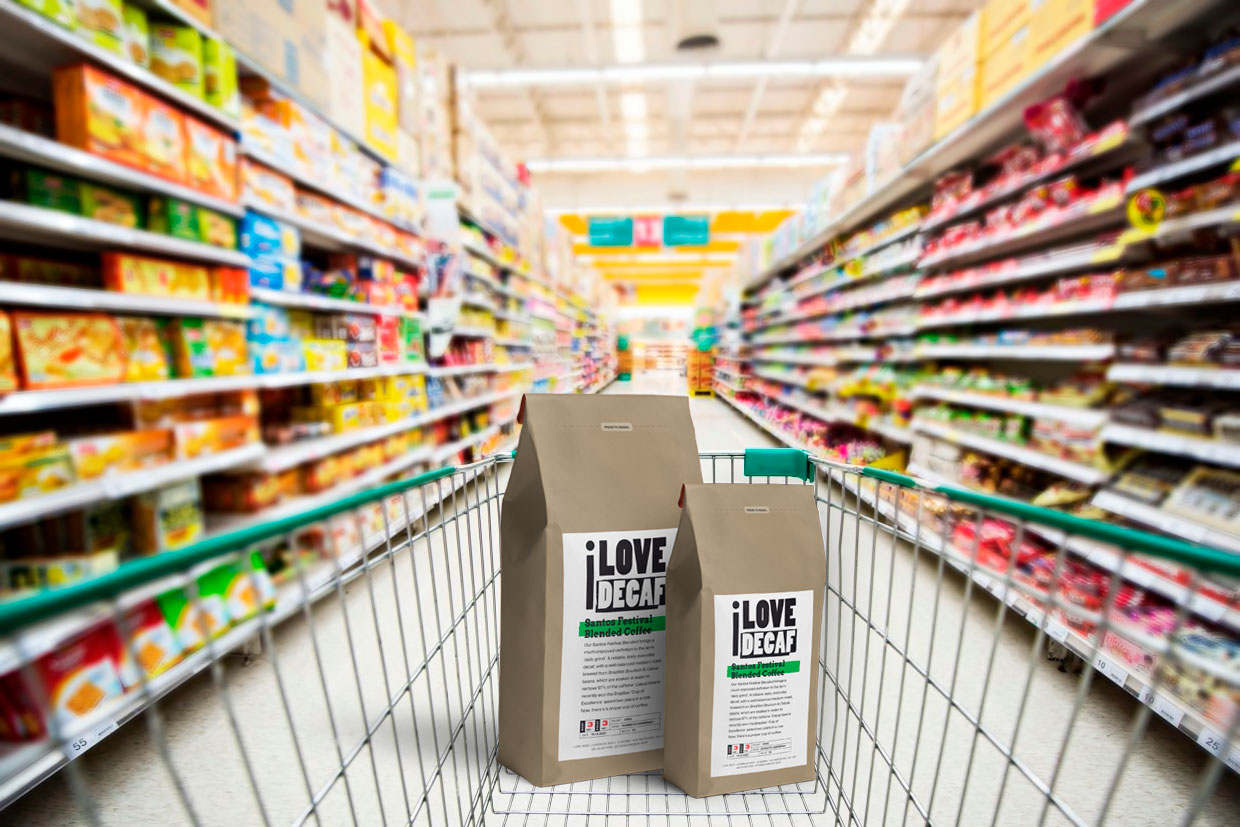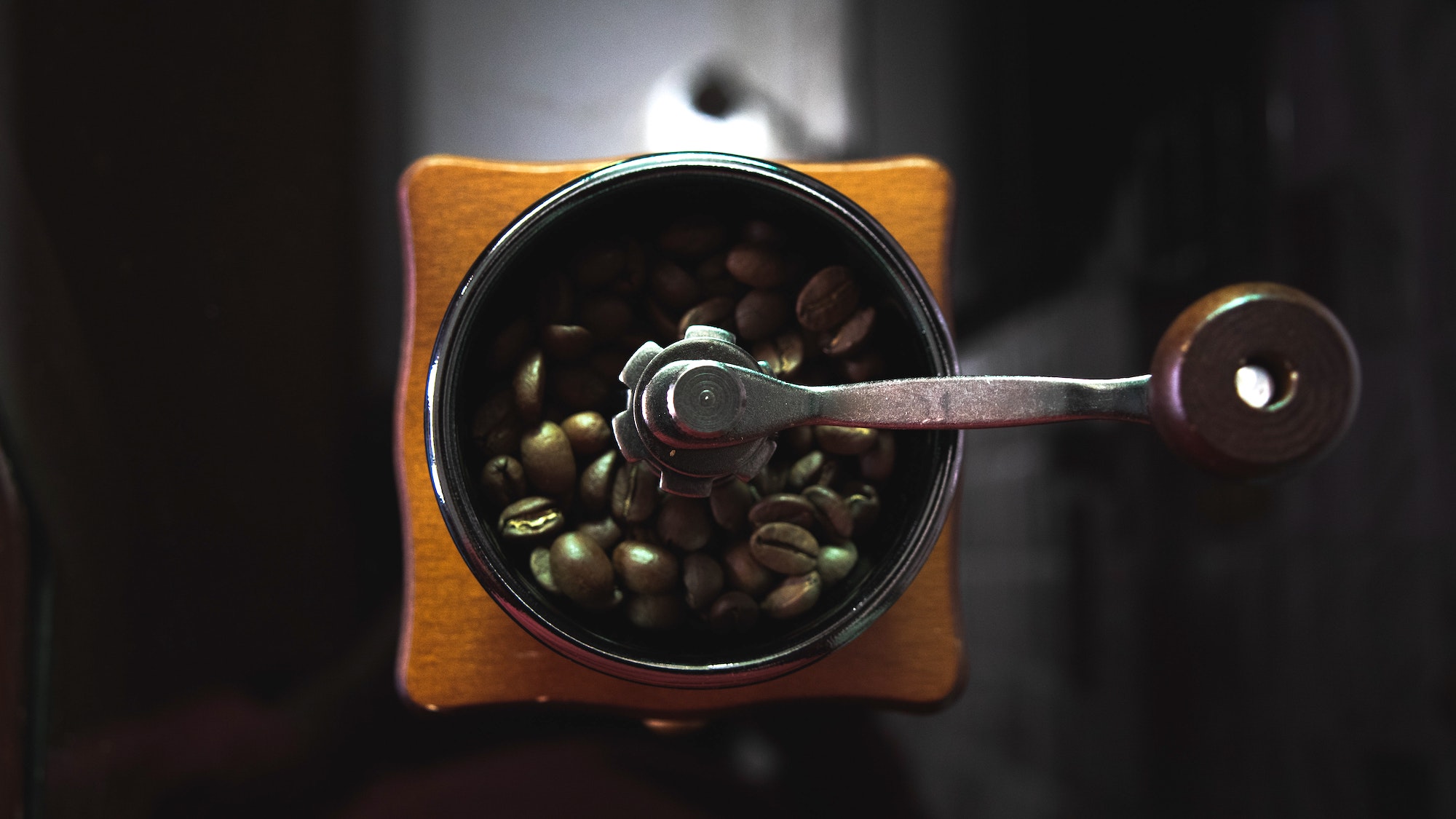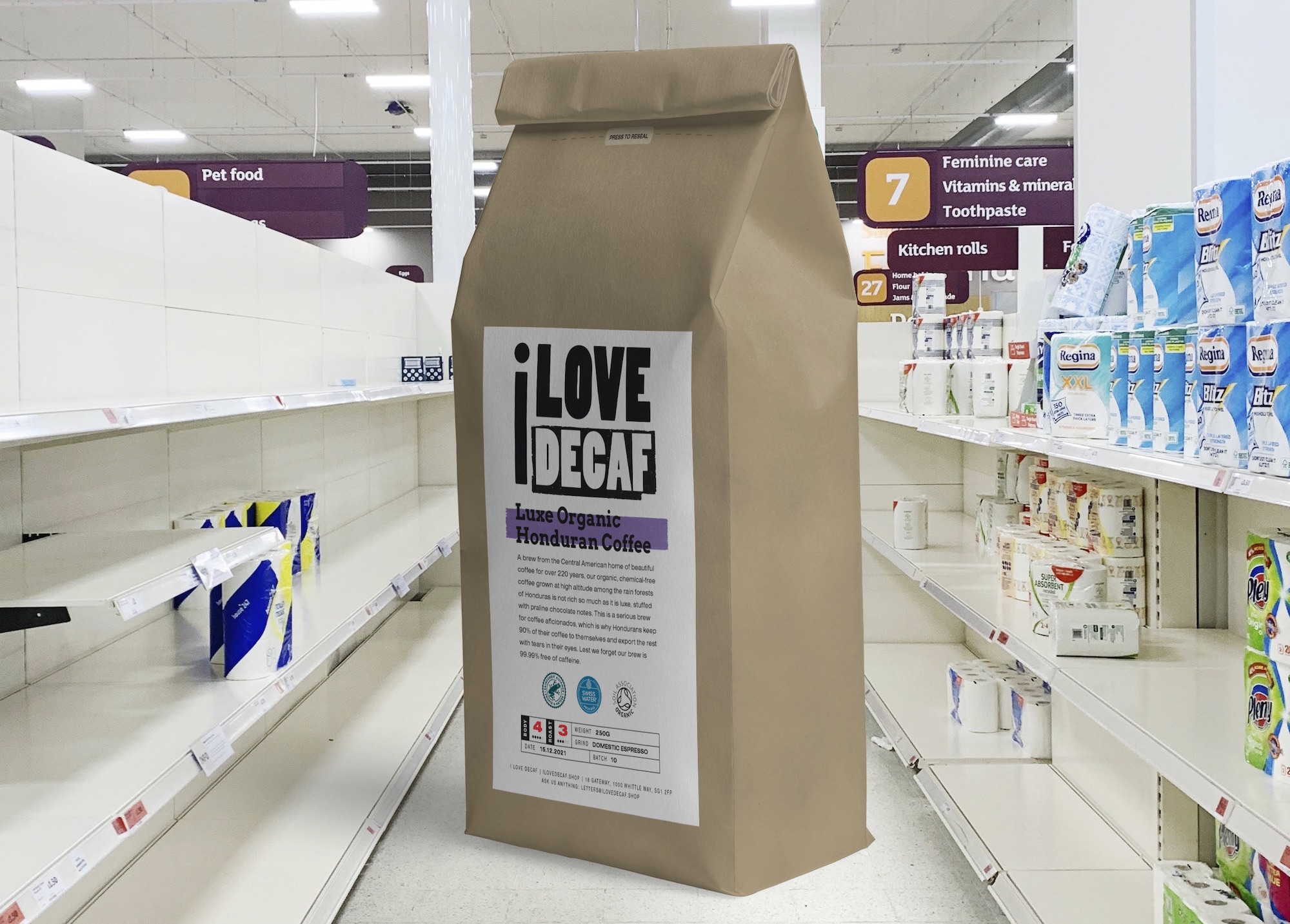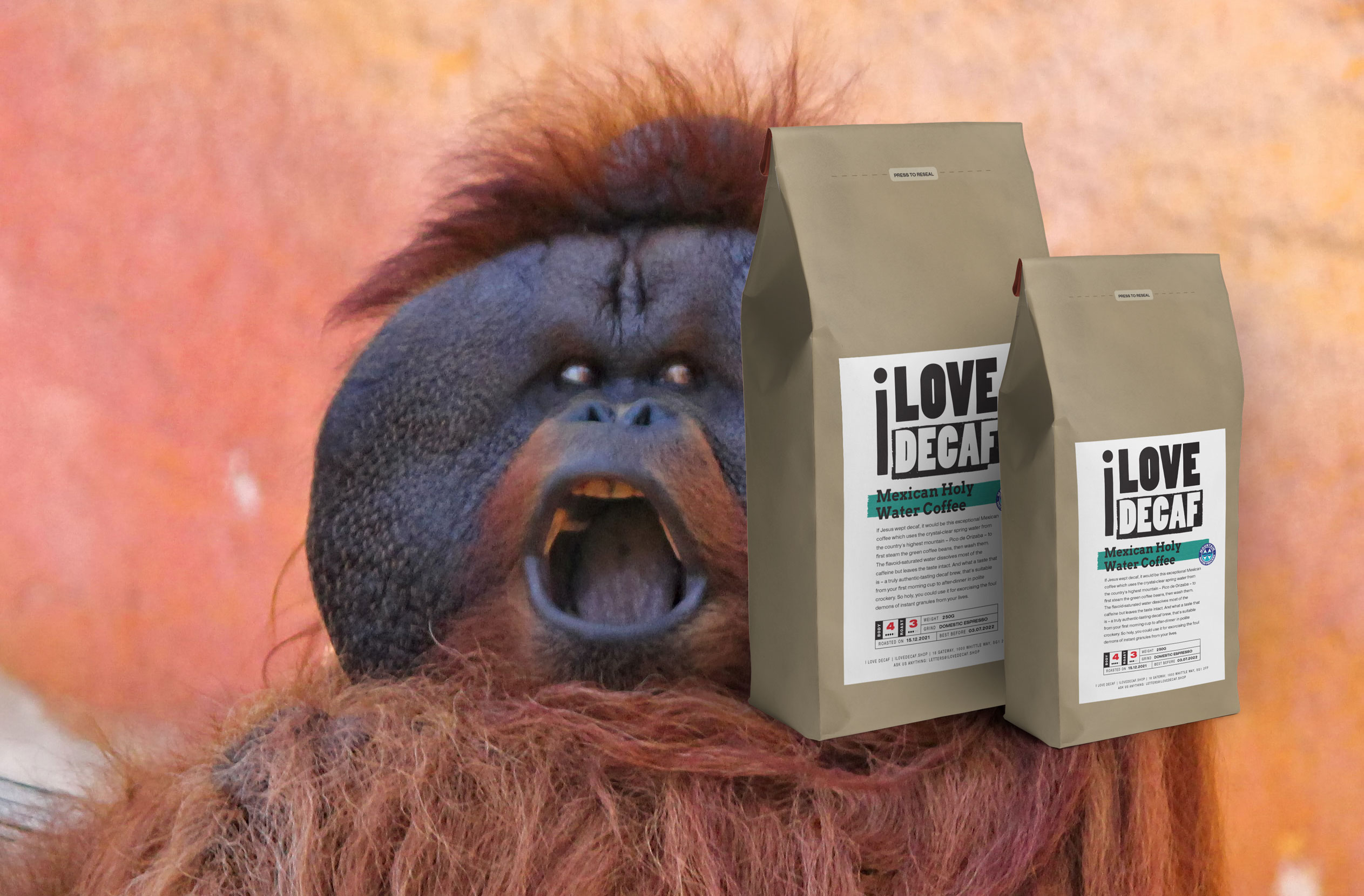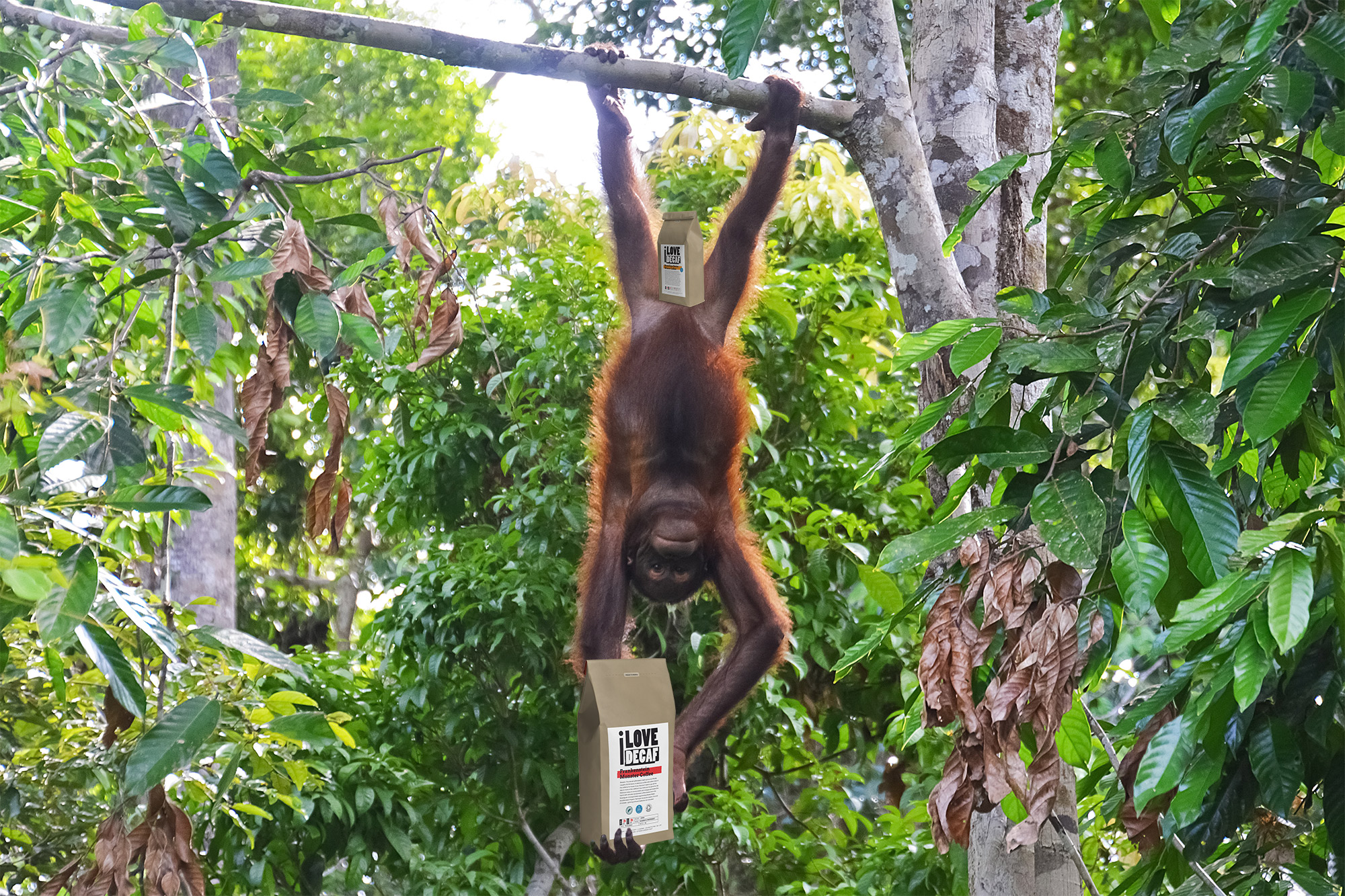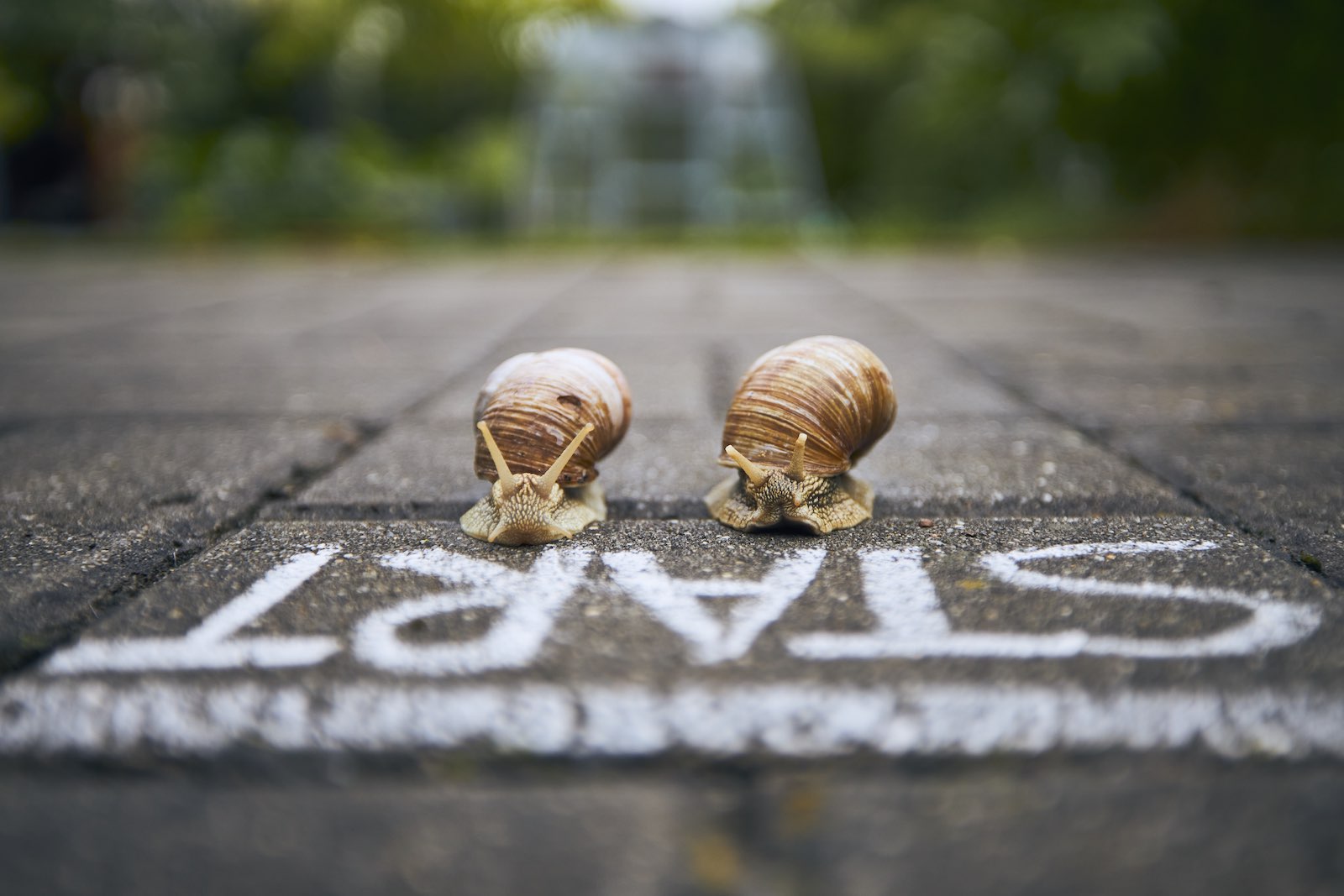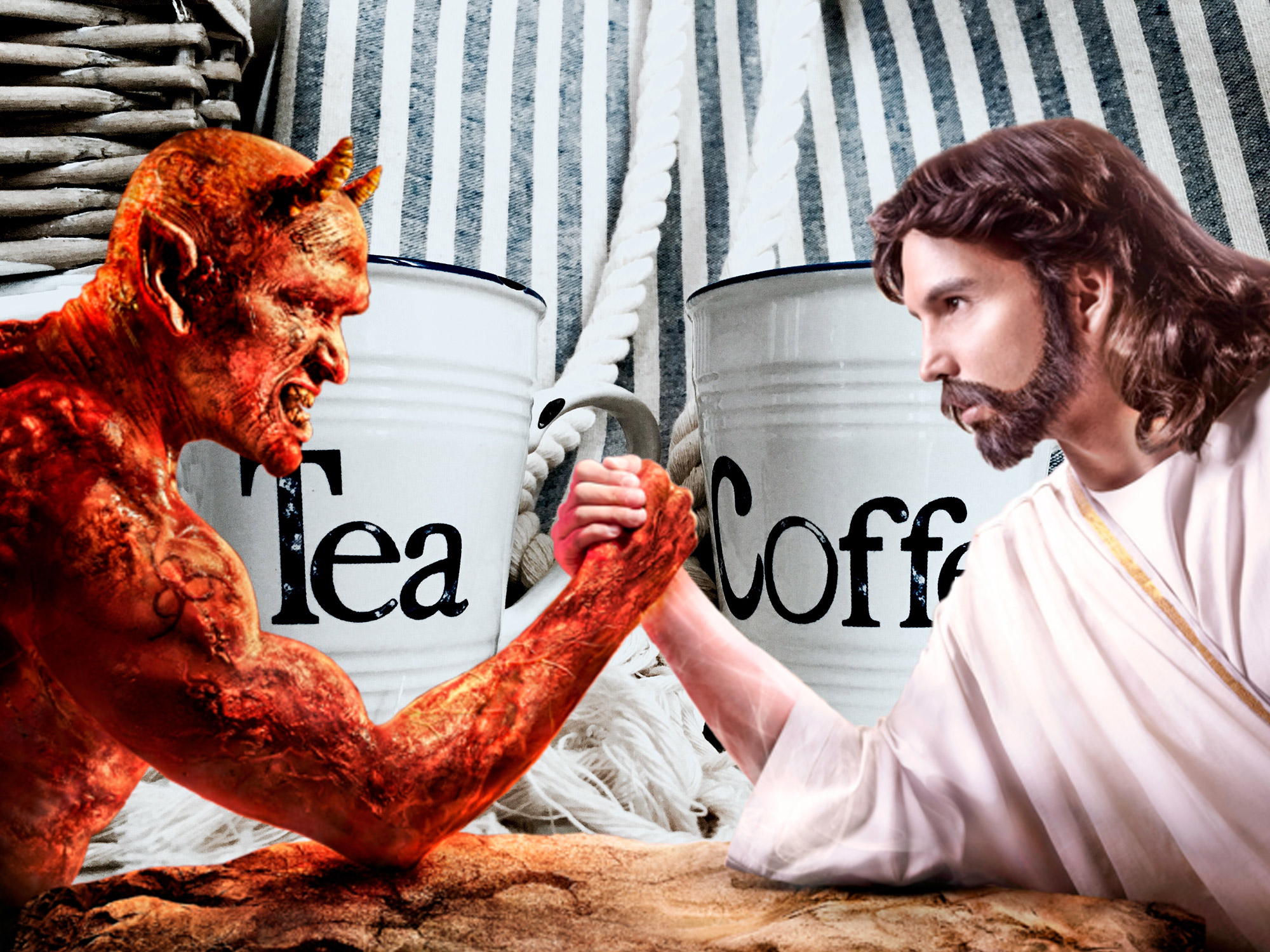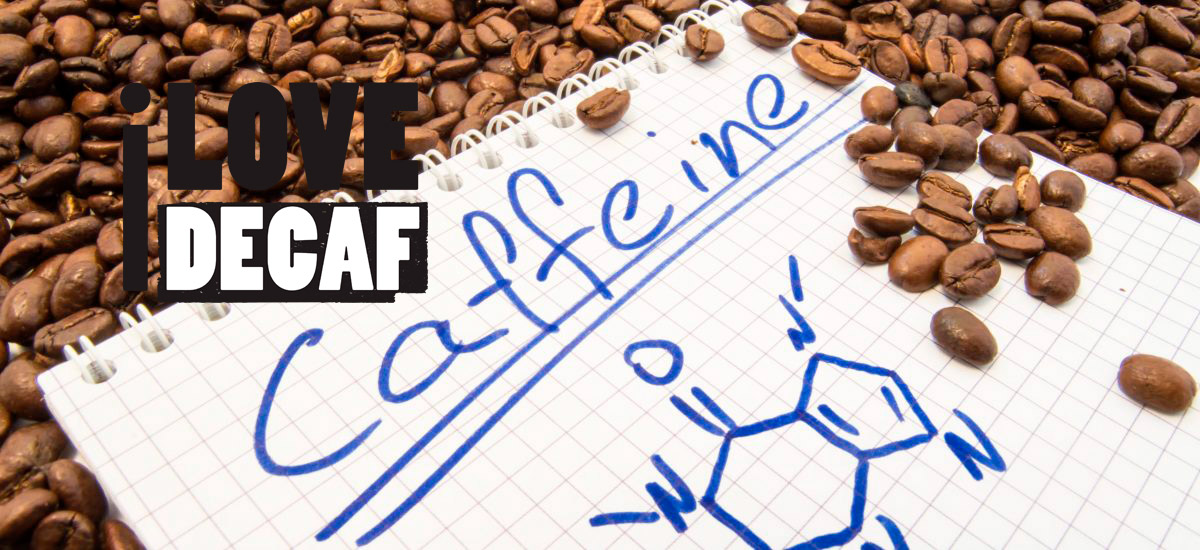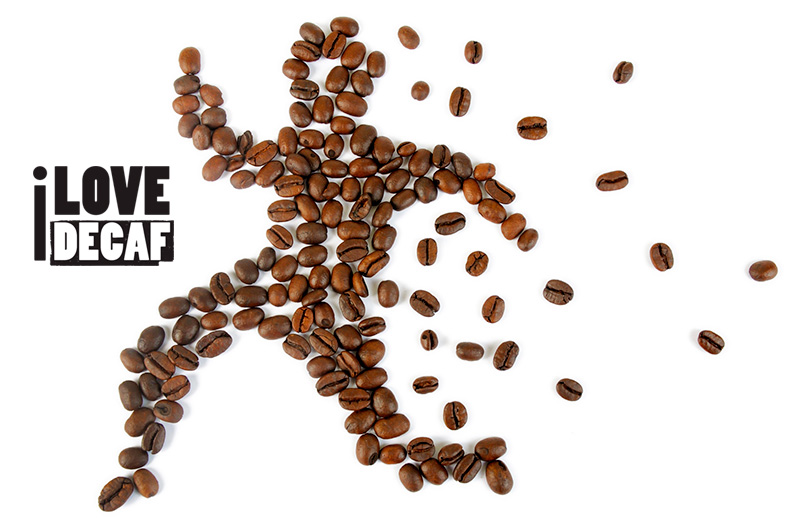You’ve come to right place:
If you’re looking for decaf coffee beans in Tesco, you’re out of luck. Supermarkets don’t tend to stock good decaf coffee. But that doesn’t mean you have to give up on your caffeine-free dreams! I Love Decaf have a range of delicious decaf coffees that will make your taste buds happy.
1. Why you can’t find decaf coffee beans in Tesco
Supermarkets like Tesco don’t typically stock good decaf coffee beans. This is because there is a lower demand for decaf coffee, so it’s not as profitable for supermarkets to carry them. That’s not to say that you can’t find decaf coffee beans anywhere – you just might have to look a little harder. Specialty coffee shops and online retailers are more likely to carry a wider variety of decaf coffee beans. If you’re looking for a good cup of decaf coffee, your best bet is to search for a small, independent cafe or store that specializes in selling high-quality coffee beans.
2. What are your options when it comes to decaf in Tesco
Supermarket chains like Tesco do not stock good decaf coffee. If you are looking for a good cup of decaf, your best option is to go to a specialty coffee shop. These shops usually have a wider selection of decaf coffees, and they are roasted in-house, which means they will taste fresher. You can also order decaf coffee beans online. There are a number of online retailers that sell high-quality decaf beans, and many of them offer free shipping.
3. Where you can find decaf coffee online
If you’re looking for a good decaf coffee, your best bet is to go online. There are a lot of great websites that sell decaf coffee beans, and you’re sure to find a flavor that you love. Some of our favourites include I Love Decaf and… I Love Decaf. We have a lovely selection of decaf beans, and we offer great prices and quick shipping within the UK. So if you’re looking for a great cup of decaf coffee, be sure to check us out.
4. Flavoursome decaf and non-caff drinks
At I Love Decaf, we understand that not everyone wants to drink caffeinated drinks. That’s why we’ve created a range of superior decaffeinated and non-caffeinated drinks that are full of flavour. Whether you’re looking for a decaf coffee that tastes just like the real thing, or a non-caff tea that still has all the flavour of your favourite blend, we’ve got you covered. Our Mexican Holy Water Decaf Coffee is one of our most popular drinks, and it’s sure to become your new favourite too!
5. Why choosing decaf doesn’t mean sacrificing taste
Decaf coffee lovers, rejoice! You don’t have to sacrifice taste when choosing to cut down on caffeine. In fact, I Love Decaf offers a wide range of delicious decaf drinks that taste just as good as their caffeinated counterparts. From smooth Mexican Holy Water Decaf Coffee to our flagship Luxe Organic Honduran Decaf Coffee, there’s something for everyone. So don’t despair if you can’t find decaf beans in your local Tesco, here are some great alternatives that will make you feel right at home.
-
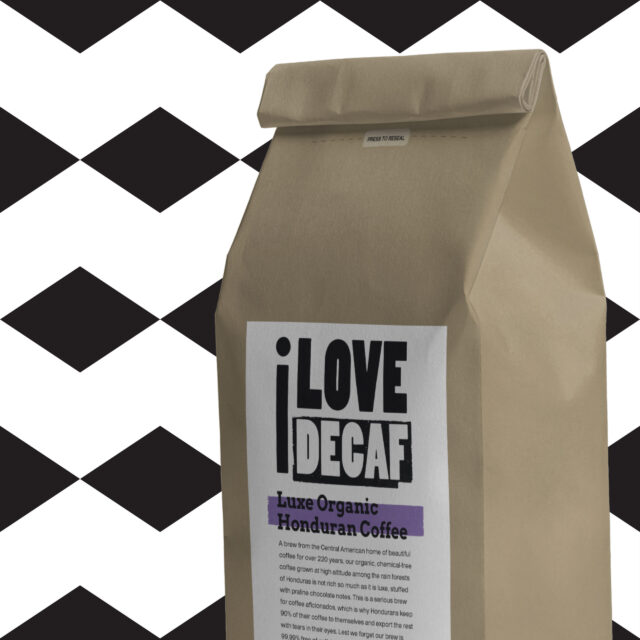 Luxe Organic Swiss Water Honduran Decaf Coffee£8.99 – £27.49
Luxe Organic Swiss Water Honduran Decaf Coffee£8.99 – £27.49 -
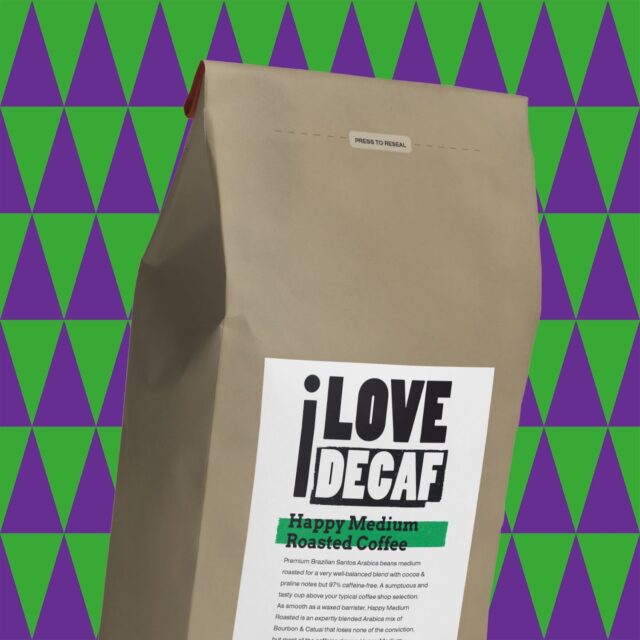 Happy Medium Roasted Decaf Coffee£6.49 – £20.00
Happy Medium Roasted Decaf Coffee£6.49 – £20.00 -
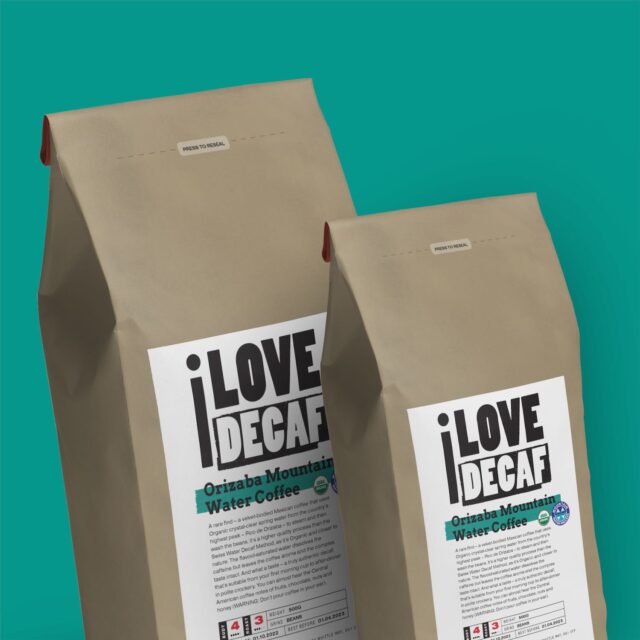 Orizaba Mountain Water Decaf Coffee (Swiss Water Style)£8.99 – £28.49
Orizaba Mountain Water Decaf Coffee (Swiss Water Style)£8.99 – £28.49 -
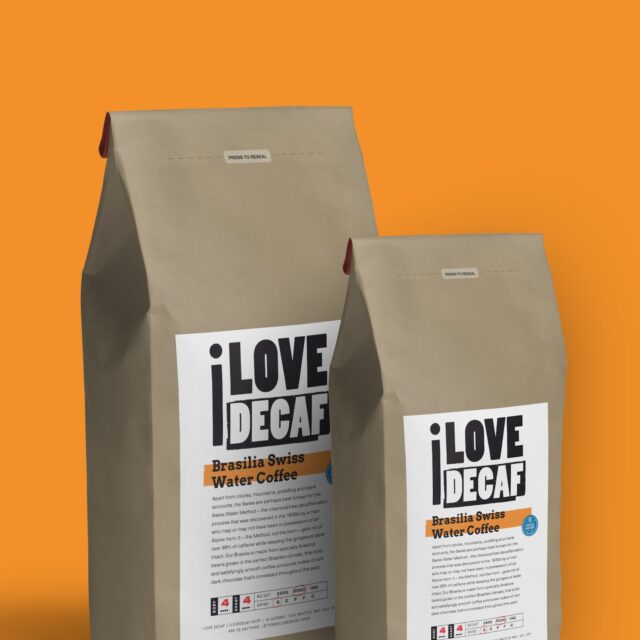 Natural Brasilia Swiss Water Decaf Coffee£10.96 – £31.99
Natural Brasilia Swiss Water Decaf Coffee£10.96 – £31.99 -
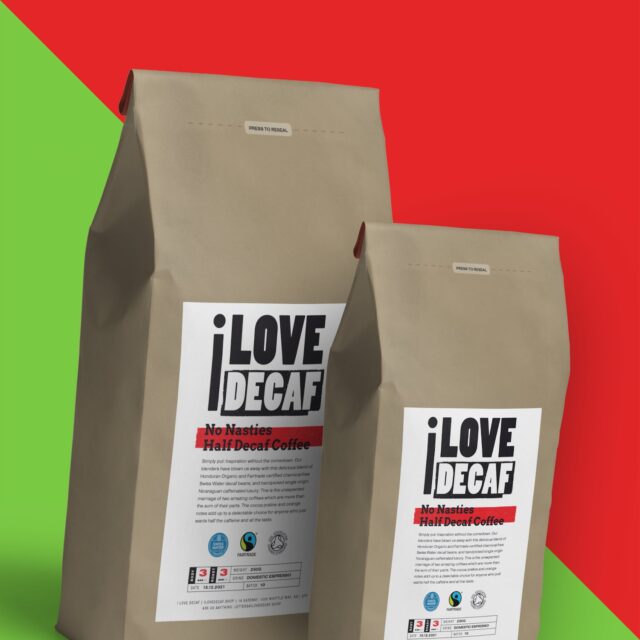 No Nasties Half Decaf Organic Coffee£8.49 – £23.99
No Nasties Half Decaf Organic Coffee£8.49 – £23.99
